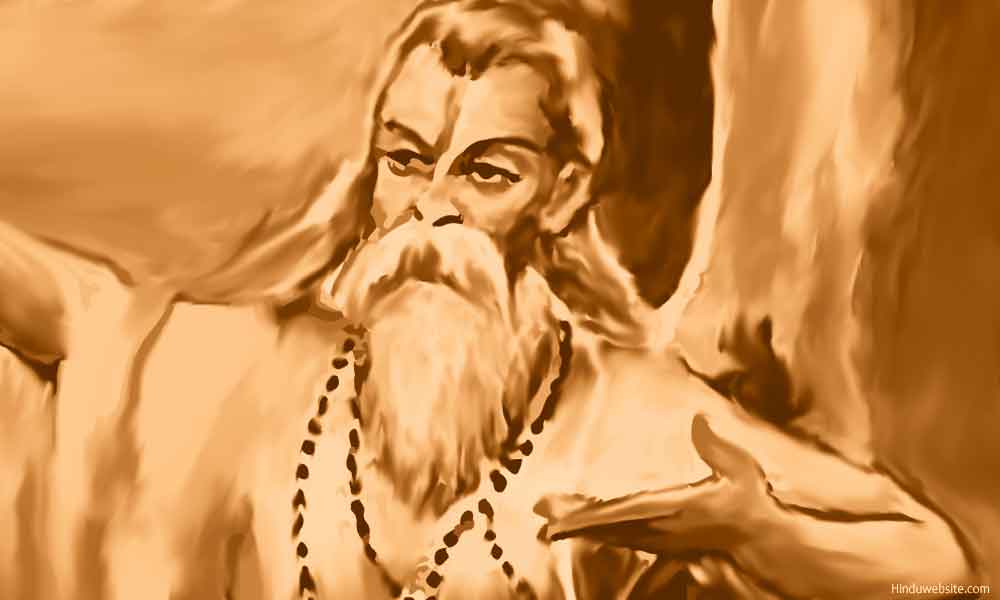
Translations of Upanishads - Links

The Upanishads are generally considered to be 108 although their exact number is not known. Of these ten are considered important for which Shankaracharya wrote commentary. The exact date of the Upanishads is not known. The oldest of them were probably composed around 1500 BC or earlier while others were composed at various times in the post Vedic period all the way upto the medieval period. The earliest Upanishads were non sectarian while some of the later Upanishads, like the Svetasvatara Upanishad, are clearly sectarian because they identify a divinity like Vishnu or Siva as Brahman or the Supreme Self. The oldest known Upanishads are the Aitareya, the Kausitaki, the Taittiriya, the Chandogya, the Brihadaranyaka and some parts of the Kena Upanishad. Many rishis and sages played an important role in preserving the Upanishads for posterity. Chief among them were Mahidasa, Aitareya, Raivka, Sandilya, Satyakama Jabala, Jaivali, Uddalaka Aruni, Svetaketu, Bharadvaja, Gargyayana, Pratardana, Balaki, Ajatashatru and others. The Upanishads have been translated by many scholars into various languages. We are presenting below links to some of these translations which are available on the internet
Translation Of Various Upanishads at Hinduwebsite.com
Vedas and Upanishads by Sanderson Beck
The Principal UpaniShads by S. Radhakrishnan
The Upanishads, Max Müller, translator
The Upanishads by Sri Aurobindo
The Upanishads by Swami Nikhilananda
The Brihadaranyaka Upanishad Translation by Swami Nikhilananda
Eight Upanishads by Swami Gambhirananda
Upanishads by Swami Guruparananda (Tamil)
The Wisdom of the Upanishads by Dr.Annie Besant
Isa Upanishad by Sanderson Beck
Kena Upanishad by Sanderson Beck
Katha Upanishad by Sanderson Beck
Mundaka Upanishad by Sanderson Beck
Prashna Upanishad By Sanderson Beck
The Upanishads by Swami Sivananda
Suggestions for Further Reading
- Introduction to the Upanishads of Hinduism
- Upanishads, brief introduction
- The Vajrasuchika Upanishad
- Essays on The Upanishads
- The Upanishads translated by Max Muller
- Minor Upanishads
- Brahman, The Highest God Of Hinduism
- Mahavakya, Pragnanam Brahma, Brahman is Knowledge
- The Concept of Brahman As Priest and As Supreme Self
- Brahman according to Advaita and Dvaita schools of thought
- The Samkhya Philosophy and 24 Principles of Creation
- The Bhagavadgita On The Problem Of Sorrow
- The Concept of Atman or Eternal Soul in Hinduism
- The Practice of Atma Yoga Or The Yoga Of Self
- The Problem of Maya Or Illusion and How To Deal With It
- Belief In Atman, The Eternal Soul Or The Inner Self
- The Bhagavad Gita Original Translations
- The Bhagavadgita, Philosophy and Concepts
- Bhakti yoga or the Yoga of Devotion
- Hinduism And The Evolution of Life And Consciousness
- Why to Study the Bhagavadgita Parts 1 to 4
- The Triple Gunas, Sattva, Rajas and Tamas
- The Practice of Tantra and Tantric Ritual in Hinduism and Buddhism
- The Tradition Of Gurus and Gurukulas in Hinduism
- Origin, Definition and Introduction to Hinduism
- Hinduism, Way of Life, Beliefs and Practices
- A Summary of the Bhagavadgita
- Avatar, the Reincarnation of God Upon Earth
- The Bhagavadgita on Karma, the Law of Actions
- The Mandukya Upanishad
- The Bhagavadgita On The Mind And Its Control
- Symbolic Significance of Numbers in Hinduism
- The Belief of Reincarnation of Soul in Hinduism
- The True Meaning Of Renunciation According To Hinduism
- The Symbolic Significance of Puja Or Worship In Hinduism
- Introduction to the Upanishads of Hinduism
- Origin, Principles, Practice and Types of Yoga
- Hinduism and the Belief in one God
- Essays On Dharma
- Esoteric Mystic Hinduism
- Introduction to Hinduism
- Hindu Way of Life
- Essays On Karma
- Hindu Rites and Rituals
- The Origin of The Sanskrit Language
- Symbolism in Hinduism
- Essays on The Upanishads
- Concepts of Hinduism
- Essays on Atman
- Hindu Festivals
- Spiritual Practice
- Right Living
- Yoga of Sorrow
- Happiness
- Mental Health
- Concepts of Buddhism
- General Essays